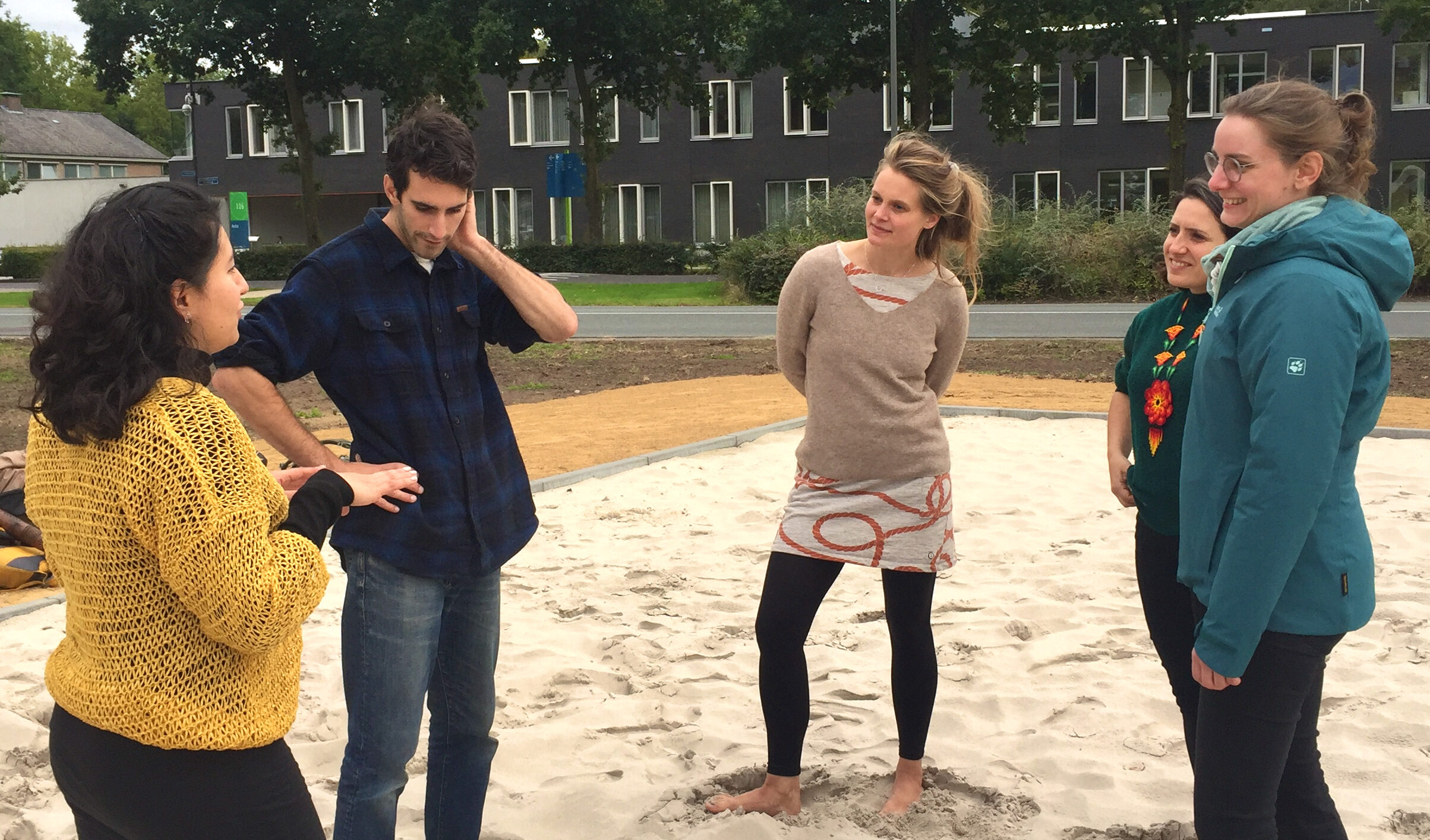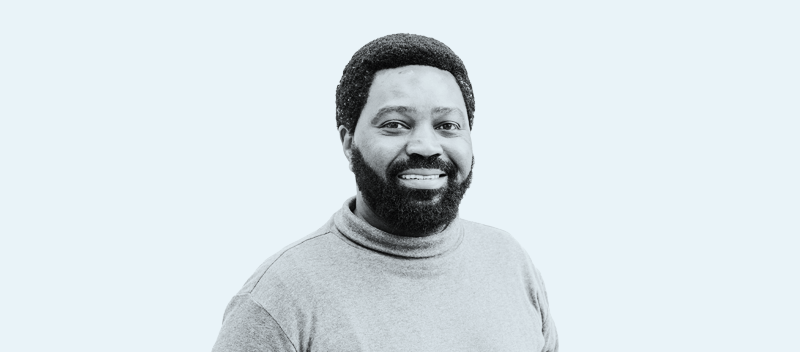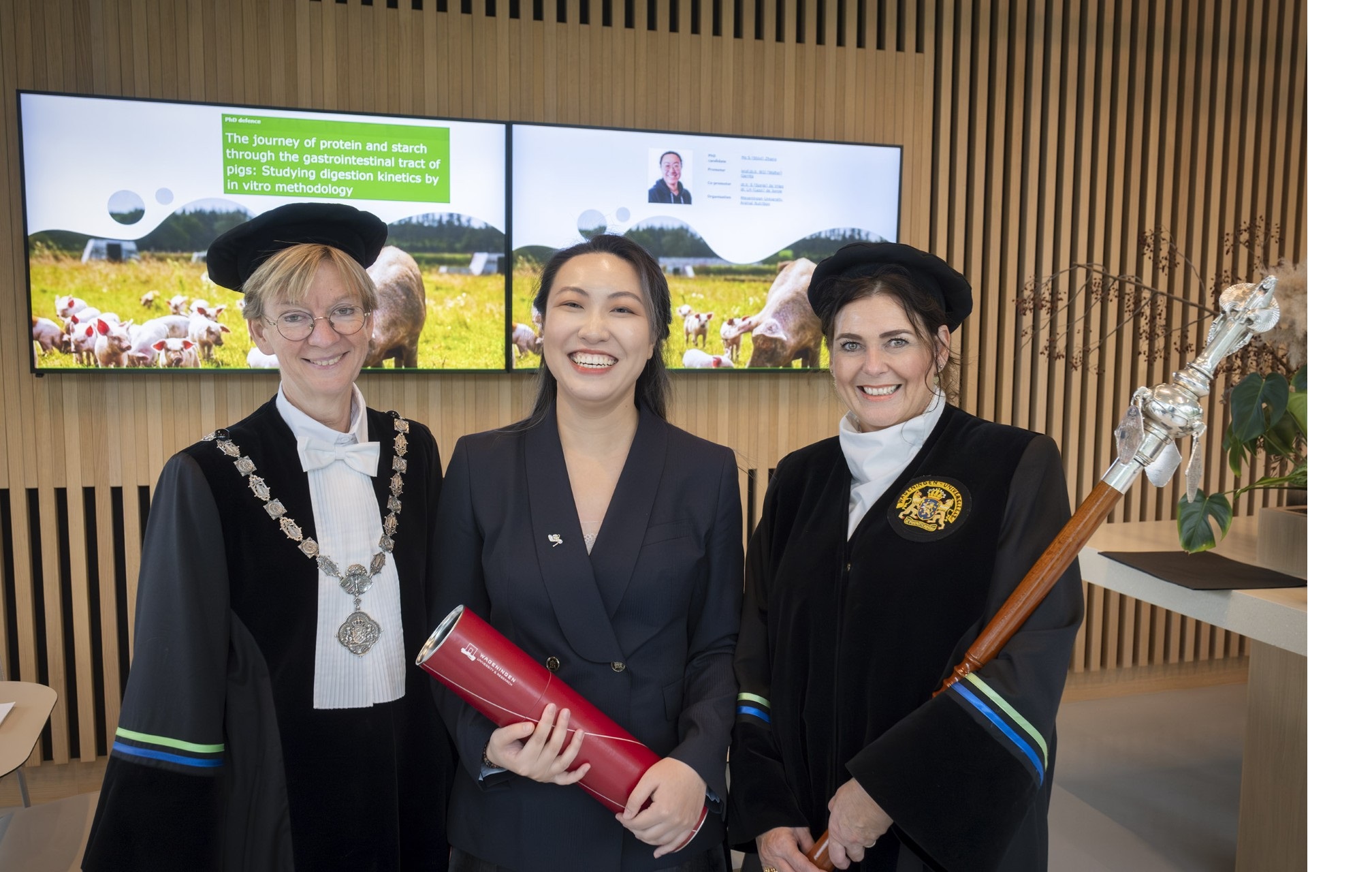How can research have a transformative impact on society and the environment? That is the main question of the new PhD-course Transformative Research for Global Social-Environmental Challenges. The two-week course is coordinated by Josephine Chambers, postdoc at the Forest and Nature Conservation Policy group, with lecturers from across WUR. ‘The focus is to explore how to combine critical social science and action-oriented methods for societal transformation.’
‘There is a global call for social-environmental transformative change’, says Chambers. ‘Traditional scientists—isolated in their office, publishing paper after paper—often produce knowledge with limited societal relevance and impact. Given the scope of challenges, we really need to move beyond incremental solutions, and towards systemic solutions capable of addressing the big interlinked problems of our time like climate change, biodiversity loss, unsustainable growth and social inequality. Our new course explores: how can we redesign the role of the scientist such that our research has a transformative impact on society and the environment?’
The course stems directly from the 71 Visions report, in which 71 WUR researchers shared their vision on how research can spur societal transformation. Out of these 71 visions, four “pathways” came forwards, around which the course was built. Chambers: ‘One of these pathways focuses on how research can propel bottom-up momentum for change, such as by telling stories in ways that engage people’s emotions and future visions. Another pathway focuses on how to deal with power structures: for example by making impossible demands. By making impossible radical demands, you can make what is reasonable a bit more radical.’
Activist in the weekend
Many engaged researchers struggle with their ‘roles’, says Chambers. ‘They are a scientist during the week and an activist in the weekend. Our course shows how our values always underpin all research that we do, and we can never create knowledge that is not political in some way. This course helps engaged researchers to better understand how to navigate these tricky positionalities and tensions they experience in conducting research that explicitly pursues societal transformation.’
In the group of 24 PhD-students, there is at least one person of all five science groups, says Chambers. ‘I think that is quite unique. We are creating a new network of PhD’s who feel empowered to collaborate in novel ways for societal transformation.’
Impactful
Joshua Wambugu is PhD candidate at the Marine Animal Ecology group and participated in the first edition of Transformative Research. ‘WUR advocates for ‘Finding answers together’ to the global challenges we face. This theme is the best summary of the transformative research course. Some of my research fears were addressed, especially on how to balance several ‘roles’ a PhD researcher might be playing.’
Also Wietse Wiersma, PhD candidate Soil Chemistry & Biology, followed the two-week course. ‘The course does not aim to provide definitive answers, but it raises questions in such a way that you become enabled to work through issues that come up while navigating the science-society interface. It was wonderful to be with a group of people that share the feeling that research can play a powerful role in societal transformations, yet are struggling with how to realize this.’

 Role play in the sand during Transformative Research. Photo Josephine Chambers
Role play in the sand during Transformative Research. Photo Josephine Chambers 

